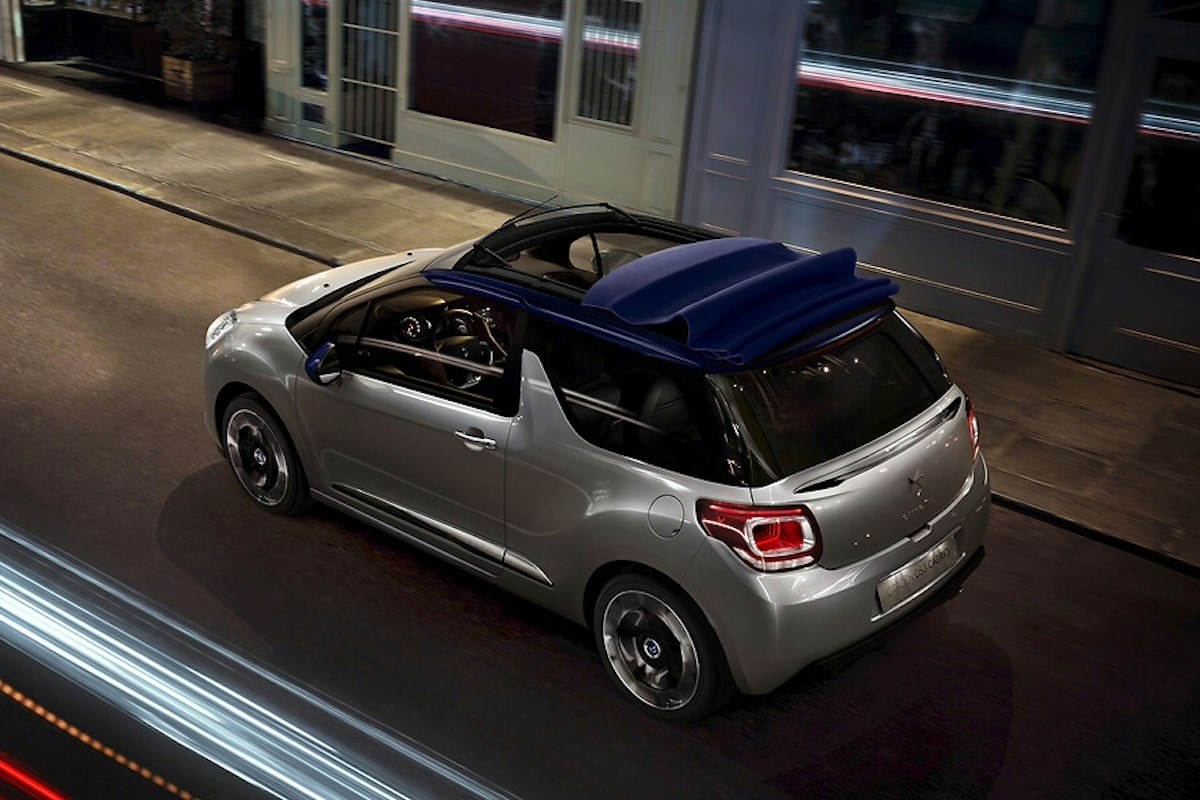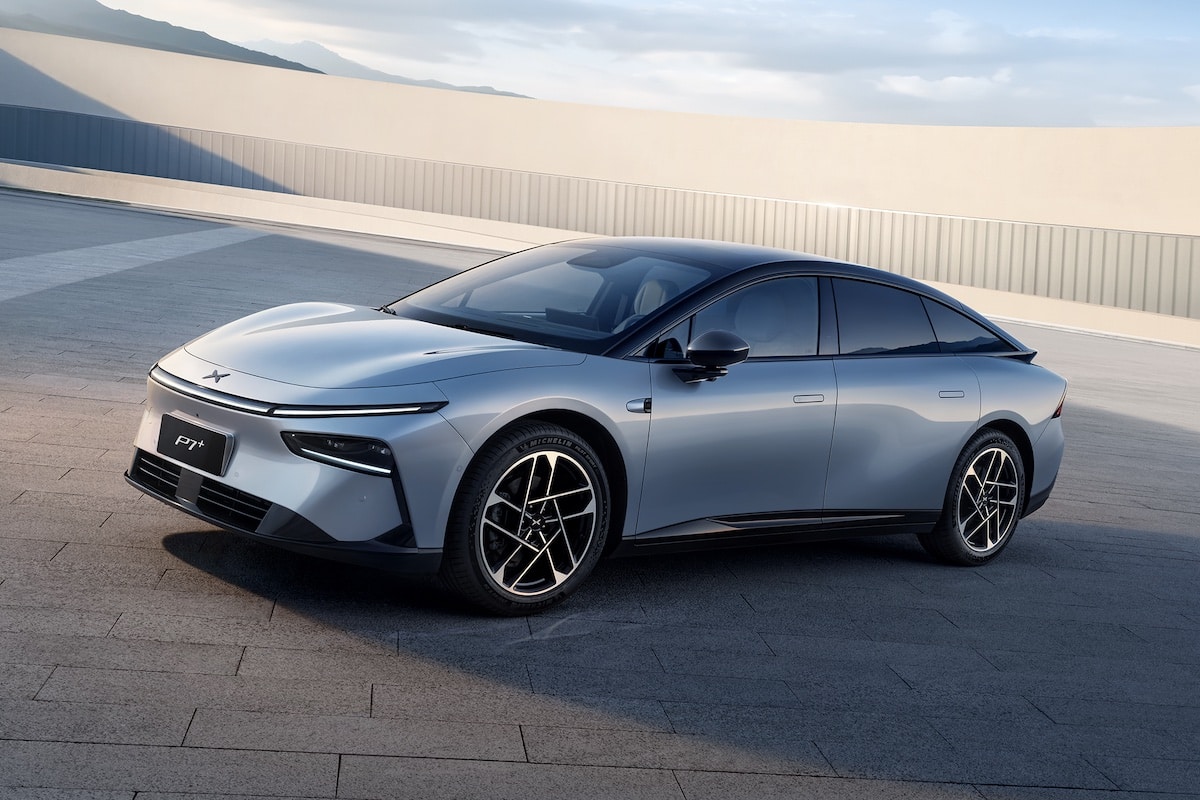441,000 Citroën C3 and DS3 Banned from Circulation!

It was about time that Citroën took responsibility in the Takata Airbags scandal, along with the entire automotive industry.
It took a second death on the mainland for Citroën to finally order, on Tuesday, June 17, the immediate immobilization of all C3 and DS3 models still equipped with Takata airbags in Europe. This decision has been welcomed as necessary, but it comes far too late considering the information that automotive manufacturers using Takata have had for years.
To find out if your Citroën is affected: IS YOUR VEHICLE SUBJECT TO A RECALL CAMPAIGN?
The Takata airbags scandal has shaken the global automotive sector for over a decade. The problem lies with a gas used in these safety devices, which degrades over time, exposing drivers to violent explosions that can propel deadly metal fragments. To date, 18 deaths and 25 injuries have been reported in France, the majority of which are in the overseas territories.
However, Citroën is far from being the only affected manufacturer. Honda, Toyota, Nissan, Ford, BMW, Volkswagen, Tesla, and even Ferrari have also been forced to recall millions of vehicles worldwide. All share the commonality of having equipped some of their models with these defective airbags, despite recurrent alerts since 2014.
Numbers That Defy Common Sense
In light of these figures, Citroën’s decision to implement a generalized “stop drive” measure, namely the immediate immobilization of nearly 441,000 C3 and DS3 vehicles in Europe, including 82,000 in France alone, seems both timely and overdue. Until now, recalls were conducted in waves, without mandatory immobilization or crisis communication proportionate to the real danger. For the latest victim, a 37-year-old woman who died on June 11 in Reims, a recall letter was indeed sent… but to the wrong address.
This tragedy sheds harsh light on the shortcomings of the entire sector. Risk analyses, recall campaigns, communication with users—everything indicates a management style that is too cautious, even complacent, in the face of a well-known danger. The Japanese manufacturer Takata has gone bankrupt, but the implicated vehicles continue to circulate, sometimes more than ten years after their production.
The automotive industry as a whole must now take stock of its conscience. Inertia, late recalls, and underestimating risks have all too often prevailed over prevention. The safety of drivers can no longer depend on image calculations or logistical costs. This new tragedy calls for a radical overhaul of practices, starting with transparency, responsiveness, and the implementation of truly binding recalls as soon as the first warning signs appear.
ALSO READ: After Dieselgate and the Takata scandal, an Electricgate?
This page is translated from the original post "441 000 Citroën C3 et DS3 interdites de circulation !" in French.
We also suggestthese articles:
Also read





